By Maxmilian Wechsler
In Thailand there are at least 150 extravagantly wealthy Thai-Chinese families, whose members figure prominently in company boardrooms and social registers. Six families stand over and above the rest in terms of influence and power. Their businesses rake in cash from goods and services that many Thais have come to consider essential, and they often exert enormous influence over politics, economics, sports, entertainment, media and other sectors. It’s no exaggeration to say the actions and decisions of several dozen members of these dynasties have a major effect on the lives of close to 70 million country residents.
Inequality reigns
Citing the Credit Suisse Global Wealth Report 2018, a recent article on the Asia Times website calls Thailand’s economy the most unequal in the world. It reports that in 2018, 67% percent of the nation’s wealth was held by 1% of the population, a rapid increase from 58% in 2016. On May 7, 2019, Forbes website published a report titled ‘Thailand’s 50 Richest’ detailing the country’s wealthiest families and individuals. The list – headed by the Chearavanont family with a net worth of US$29.5 billion is presented annually, with rankings based on net worth. (For the record, the family of Worawit Weeraborwornpong, chairman of Siamgas & Petrochemicals PCL with net worth of US$590 million, is ranked 50th on Forbes’ Thailand list).
The top 50 families boast a staggering US$160.56 billion in net worth, about 4.86 trillion baht at current exchange rate. To put this in perspective, Thailand’s budget for fiscal year 2019 was three trillion baht. The original budget for 2020 was 3.2 trillion baht.
It’s no secret that Thai-Chinese are at the top of the local socioeconomic order. Most of the richest Thais claim forebears who migrated from China several generations back. Some of them were aided in their quest for wealth by affiliations with powerful government officers. Many women born into ethnic Chinese business families married high-ranking civil servants. These unions proved to be win-win, cementing mutually beneficial financial arrangements.
The Big Six
The half dozen families highlighted below don’t follow exactly the one-through-six positions on the latest Forbes list, but all can claim a place at the top of Thailand’s power structure. The Chearavanont, Chirathivat, Yoovidhya, Sirivadhanabhakdi, Srivaddhanaprabha and Bhirombhakdi clans rank one, two, three, four, six and fourteen respectively on the Forbes list, which gives the combined net worth of the six families as US$93.55 billion or around 2.83 trillion baht.
Citing the Credit Suisse Global Wealth Report 2018, a recent article on the Asia Times website calls Thailand’s economy the most unequal in the world. It reports that in 2018, 67% percent of the nation’s wealth was held by 1% of the population, a rapid increase from 58% in 2016. On May 7, 2019, Forbes website published a report titled ‘Thailand’s 50 Richest’ detailing the country’s wealthiest families and individuals. The list – headed by the Chearavanont family with a net worth of US$29.5 billion is presented annually, with rankings based on net worth. (For the record, the family of Worawit Weeraborwornpong, chairman of Siamgas & Petrochemicals PCL with net worth of US$590 million, is ranked 50th on Forbes’ Thailand list).
The top 50 families boast a staggering US$160.56 billion in net worth, about 4.86 trillion baht at current exchange rate. To put this in perspective, Thailand’s budget for fiscal year 2019 was three trillion baht. The original budget for 2020 was 3.2 trillion baht.
It’s no secret that Thai-Chinese are at the top of the local socioeconomic order. Most of the richest Thais claim forebears who migrated from China several generations back. Some of them were aided in their quest for wealth by affiliations with powerful government officers. Many women born into ethnic Chinese business families married high-ranking civil servants. These unions proved to be win-win, cementing mutually beneficial financial arrangements.
The Big Six
The half dozen families highlighted below don’t follow exactly the one-through-six positions on the latest Forbes list, but all can claim a place at the top of Thailand’s power structure. The Chearavanont, Chirathivat, Yoovidhya, Sirivadhanabhakdi, Srivaddhanaprabha and Bhirombhakdi clans rank one, two, three, four, six and fourteen respectively on the Forbes list, which gives the combined net worth of the six families as US$93.55 billion or around 2.83 trillion baht.
|
Chearavanont family
• Company: Charoen Pokphand (CP) Group • Net worth: US$29.5 billion (892 billion baht) • Source of wealth: Food The CP Group is a Thai conglomerate based in Bangkok. It is Thailand’s largest private company. Charoen Pokphand means in Thai “prosperity for consumers.” The CP Group has evolved into a conglomerate of hundreds of companies in many countries, including China. The Group is one of world’s largest conglomerates, with investments in 21 countries. Charoen Pokphand Foods (CPF), in which it owns controlling stakes, is the world's largest producer of feed, shrimp, and a global top three producer of poultry, pork, among other agricultural produces. It also operates Southeast Asia's largest retail business by revenue, with over 10,000 Seven Eleven stores and a leading cash and carry business through Siam Makro. In the telecommunications sector, CP Group subsidiary, True Group, is one of the largest telecom firms in Southeast Asia with over 25 million mobile customers. Dhanin Chearavanont, or Chia Kok Min, stepped down as CP’s chairman and CEO in 2017, but remains senior chairman. His eldest son, Soopakij, is the current chairman and his youngest son, Suphachai, is the CEO. Dhanin also stepped down as chairman of group flagship CPF in April 2019. Background: The roots of the CP group date back to 1921, when 18-year-old Chia Ek Chor and his 10-year-old brother Chia Seow Whooy arrived in Thailand from Shantou in southern China, and began peddling vegetable seeds from a cart. Shortly thereafter, they opened a seed, fertilizer and insecticide trading business in Bangkok’s Chinatown. In the early years, Ek Chor spent much of his time establishing new markets in neighboring countries, leaving Seow Whooy to manage the Thai operation. Following the communist takeover of China in 1949, the brothers decided to base their operations in Thailand, and adopted the surname Chearavanont. |
|
Chirathivat family
• Company: Central Group • Net worth: US$21 billion (635 billion baht) • Source of wealth: Retail The family owned and operated Central Group is Thailand’s leading department store retailer and service business. It has expanded far beyond Thailand with a strong presence in Europe and Vietnam. The retail giant is said to get more than a quarter of its US$12.4 billion (375 billion baht) in revenue from abroad. Central Group consists of a variety of diverse investments in various corporations domestically and internationally. Its branches have become leaders in retail, property development, brand management, hospitality, food and beverage and digital lifestyle. The firm joined in a US$560 million (16.9 billion baht) venture with China’s JD.com to set up an e-commerce site, JD Central.Tos Chirathivat, is the grandson of the group’s founder, is currently executive chairman and CEO of Central Group. A number of other family members hold important positions in the Group’s companies. Background: Tiang Chirathivat (born Cheng Ni-Tiang) reportedly emigrated with his family from Hainan in China, where he was a rice farmer. He worked in his father-in-law’s store before opening his own small shop in the Thonburi area of Bangkok in 1928. In 1947, Tiang moved to a large site on Sri Phraya Road and established Central Trading, a landmark step for the Chirathivat family. Anticipating a demand for foreign goods, Tiang stocked imported clothes, cosmetics, books, magazine and other periodicals. His business strategy proved to be very successful and he moved again to a building in Soi Oriental adjacent to the Oriental Hotel. In 1956, he opened the Central Department Store in the Wang Burapa district of Bangkok with his eldest son Samrit. The store was the first of its kind in Thailand and revolutionized the concept of retailing here. Among the innovations it offered was the introduction of fixed pricing to consumers accustomed to bargaining over every purchase. Both father and son, the group’s founders, were fully engaged in running the business, and were helped by other family members. In an era of bustling trade and growth, the young entrepreneurs quickly established businesses that were characterized by many ‘firsts’ in Thailand, including; first to import international cosmetic brands; first to focus on impeccable customer services; and first to implement innovative marketing communications. Samrit Chirathivat believed that success would come from honesty and hard work, along with providing the best possible services and products for Central’s customers. |
|
Chalerm Yoovidhya
• Company: Red Bull Beverages Company Limited (under TCP Group) • Net worth: US$19.9 billion (601 billion baht) • Source of wealth: Energy drinks Chalerm Yoovidhya heads a sprawling clan that owns 51% of Red Bull, the iconic energy drink which sold 6.7 billion cans across 171 countries in 2018. The family’s stake of the company includes 2% owned personally by Chalerm, eldest son of Red Bull cofounder, Chaleo Yoovidhya. By the time of Chaleo’s death in March 2012, his interests had broadened from energy drinks to include health care, real estate and sports franchises. There’s some confusion about his actual date of birth. In reports of his death, Thai newspaper The Nation said he was 90, while other Thai media said 88. Forbes put his age at 80, while The Australia Times said he was 89. At any rate, Chalerm had a major role in the phenomenal success of Red Bull, known as Krating Daeng in Thai. He developed the formula, logo and packaging for the energy drink in Thailand and initiated its international rollout. He is also the founder and managing director of Siam Winery, founded in 1986. The same year he launched SPY Wine Cooler, which now has sales of more than 160 million bottles per annum. Chalerm also is the majority share-holder of Cavallino Motors Company, the official Ferrari distributor for Thailand, and serves as the company’s president. Younger brother Saravoot is now managing director of Red Bull Thailand. Chalerm’s oldest son Varit is involved in the family’s winery and Ferrari dealership. His second son, Vorayuth, is unable to take a role in the family business, as he fled the country to avoid an arrest warrant issued on a charge of fatal hit-and-run after his Ferrari slammed into a Bangkok motorcycle cop back in 2012. Background: Chaleo Yoovidhaya’s father migrated from Hainan province in China to Pichit province innorthern Thailand. Chaleo left Pichit to assist his older brother in the operation of a pharmacy in Bangkok. The brothers eventually established their own pharmaceutical company under the name of TC Mycin Co., Ltd. in 1965. The Yoovidhya family’s extremely profitable entry into the energy drinks sector came in 1978 when Chaleo cofounded Red Bull with Austrian Dietrich Mateschitz, a former marketing executive. |
|
Charoen Sirivadhanabhakdi
• Company: Thai Beverage PCL (better known as ThaiBev) • Net worth: US$16.2 billion (490 billion baht) • Source of wealth: Real estate, alcohol Charoen Sirivadhanabhakdi is the founder and chairman of ThaiBev, Thailand’s largest brewer known for Chang beer. Other assets include the privately held firm TCC Land; Singapore beverage and property giant Fraser and Neave Limited, of which Charoen is the chairman; and hypermarket chain Big C Supercenter, acquired in 2016. Charoen runs real estate developments and owns hotels in Thailand, Asia, the United States, the United Kingdom and Australia. One of his hotels is the luxurious Hôtel Plaza Athénée in Manhattan, New York. Charoen’s wife, Khunying Wanna Sirivadhanabhakdi, is ThaiBev’s vice-charman. One of their sons, Thanapa, is president and CEO of the company and another son, Panote, is the company director. Background:Like most Thai tycoons, Charoen Sirivadhanabkakdi is ethnic Chinese, from a family of 11 children whose father migrated from southern China. The father was a fried mussel street vendor in Bangkok’s Songwad district. Charoen attended a Chineselanguage school but left school when he was nine years old to contribute to the meager family finances. Charoen’s links to the whisky industry date back almost fifty years. His father-in-law’s ties to the Sura Mahakhun Group – then the country’s most important whisky producer – helped him to secure a machinery supply contract. In 1976 Charoen entered the production side of the industry when he purchased the Tara Whisky Company and changed its name to Sang Som Co., Ltd. producing ‘Sang Som’ whiskey at distilleries in Nakhon Pathom and in Kanchanaburi provinces. |
|
Aiyawatt ‘Top’ Srivaddhanaprabha
• Company: King Power Group • Net worth: US$4.7 billion (142 billion baht) • Source of wealth: Duty Free Aiyawatt Srivaddhanaprabha is the chairman and CEO of King Power and the son of tycoon Vichai Srivaddhanaprabha, who died in a helicopter crash near King Power Stadium in Leicester, England on October 27, 2018. King Power is the owner of Leicester City Football Club, but Vichai made his fortune operating Thailand’s hugely profitable King Power airport duty-free stores. The family also owns a major portion of MahaNakhon, the 78-storey office and residential building adjacent to Chong Nonsee BTS that is currently Thailand’s tallest skyscraper. Background: Vichai Srivaddhanaprabha was born Vichai Raksriaksorn into a Thai-Chinese family in April 1958. In December 2009, King Power received a Thai Royal Warrant from King Bhumibol Adulyadej to display the Royal Garuda emblem and statue in a magnificent ceremony attended by royalty and VIPs. In 2012, the King bestowed the family with the new surname of Srivaddhanaprabha, which means ‘light of progressive glory’. Vichai was awarded an honorary Doctor of Laws by the University of Leicester in 2016. His formal studies were in Taiwan and the United States. An avid sports fan, Vichai owned the VR Polo Club in Bangkok and was president of Ham Polo Club in London. According to Forbes, the fortune of Aiyawatt and his family currently stands at US$5 billion (148 billion baht). |
|
Santi Bhirombhakdi
• Company: Boon Rawd Brewery • Net worth: US$2.25 billion (68 billion baht) • Source of wealth: Beverages Santi Bhirombhakdi is president and CEO of Boon Rawd Brewery and the head of the family that made its fortune off the popular Singha and Leo beer brands. The company also produces soft drinks and bottled drinking water. The company’s best-known product is Singha beer, but it also produces beverages and goods under the Leo, B-ing, Purra, Sanvo, Syder Bay, Boonrawd Farm, Pundee and Masita trademarks. |
The company has expanded and diversified its business interests into manufacturing, packaging, agriculture, real estate, food and beverage, retail fashion and lifestyle products and stands over more than 50 affiliated companies.
The company also provides medical assistance and disaster relief under the Phraya Bhirombhakdi Foundation. The Royal Garuda that appears on every bottle of Singha products is a Thai Royal Warrant, the highest honor in Thailand awarded to businesses and organisations. It was granted to Boon Rawd Brewery on October 25, 1939 for exceptional service and commitment to the economic and social development of the Kingdom of Thailand.
Background: Very little is known of Santi Bhirombhakdi’s background. According to Forbes, he is 73 years old, married and has three children. Boon Rawd Brewery was established by his grandfather, Phraya Bhirom Bhakdi (Boonrawd Sreshthaputra), in 1933. Originally a primary school teacher in Bangkok, he left the field to set up a successful lumber trading business in the early 20th century. He later established a ferry service that was put out of business when the government built a bridge over Bangkok’s Chao Phraya River.
Having served as a loyal volunteer on many projects sponsored by the Royal Family, Boonrawd was granted the title Phraya Bhirom Bhakdi by King Rama VI. In search of a new business opportunity, he decided on brewing since at that time all beer consumed in Thailand was imported from Japan and Singapore. To gain experience in brewing and buy the necessary equipment he travelled to Germany. He returned to Thailand in 1931 accompanied by a German brewmaster, and set up Boon Rawd Brewery Co., Ltd. The rest is history.
The company also provides medical assistance and disaster relief under the Phraya Bhirombhakdi Foundation. The Royal Garuda that appears on every bottle of Singha products is a Thai Royal Warrant, the highest honor in Thailand awarded to businesses and organisations. It was granted to Boon Rawd Brewery on October 25, 1939 for exceptional service and commitment to the economic and social development of the Kingdom of Thailand.
Background: Very little is known of Santi Bhirombhakdi’s background. According to Forbes, he is 73 years old, married and has three children. Boon Rawd Brewery was established by his grandfather, Phraya Bhirom Bhakdi (Boonrawd Sreshthaputra), in 1933. Originally a primary school teacher in Bangkok, he left the field to set up a successful lumber trading business in the early 20th century. He later established a ferry service that was put out of business when the government built a bridge over Bangkok’s Chao Phraya River.
Having served as a loyal volunteer on many projects sponsored by the Royal Family, Boonrawd was granted the title Phraya Bhirom Bhakdi by King Rama VI. In search of a new business opportunity, he decided on brewing since at that time all beer consumed in Thailand was imported from Japan and Singapore. To gain experience in brewing and buy the necessary equipment he travelled to Germany. He returned to Thailand in 1931 accompanied by a German brewmaster, and set up Boon Rawd Brewery Co., Ltd. The rest is history.

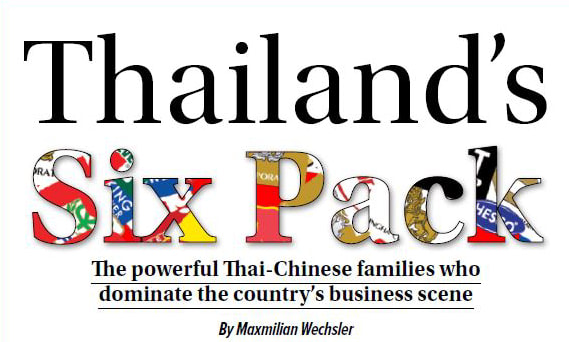
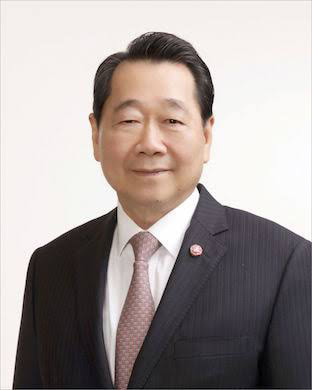
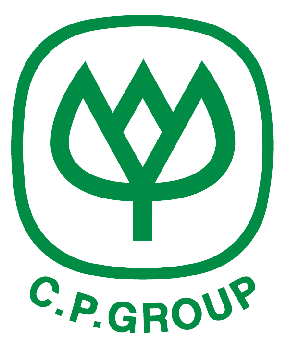
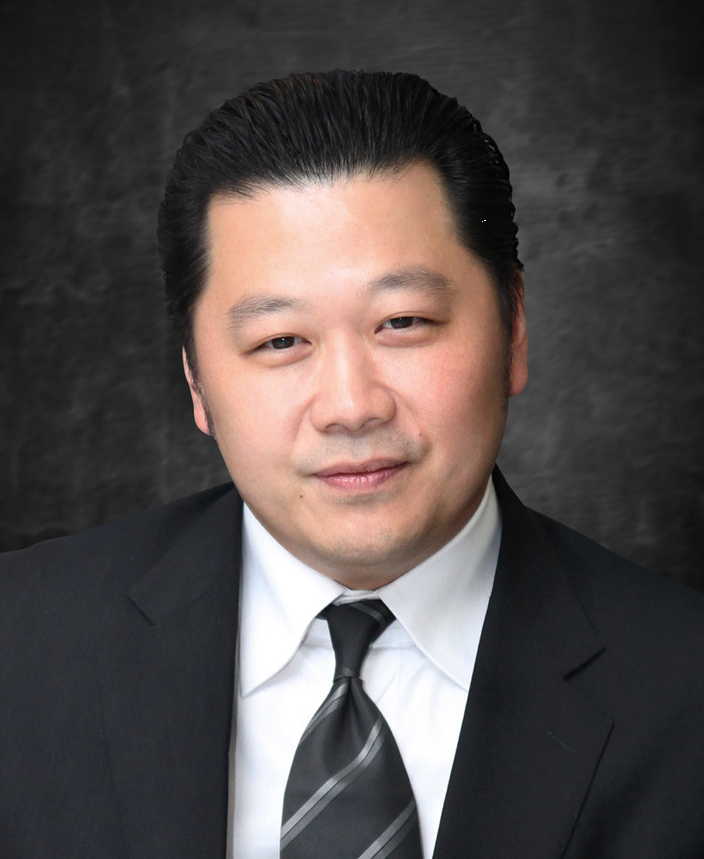
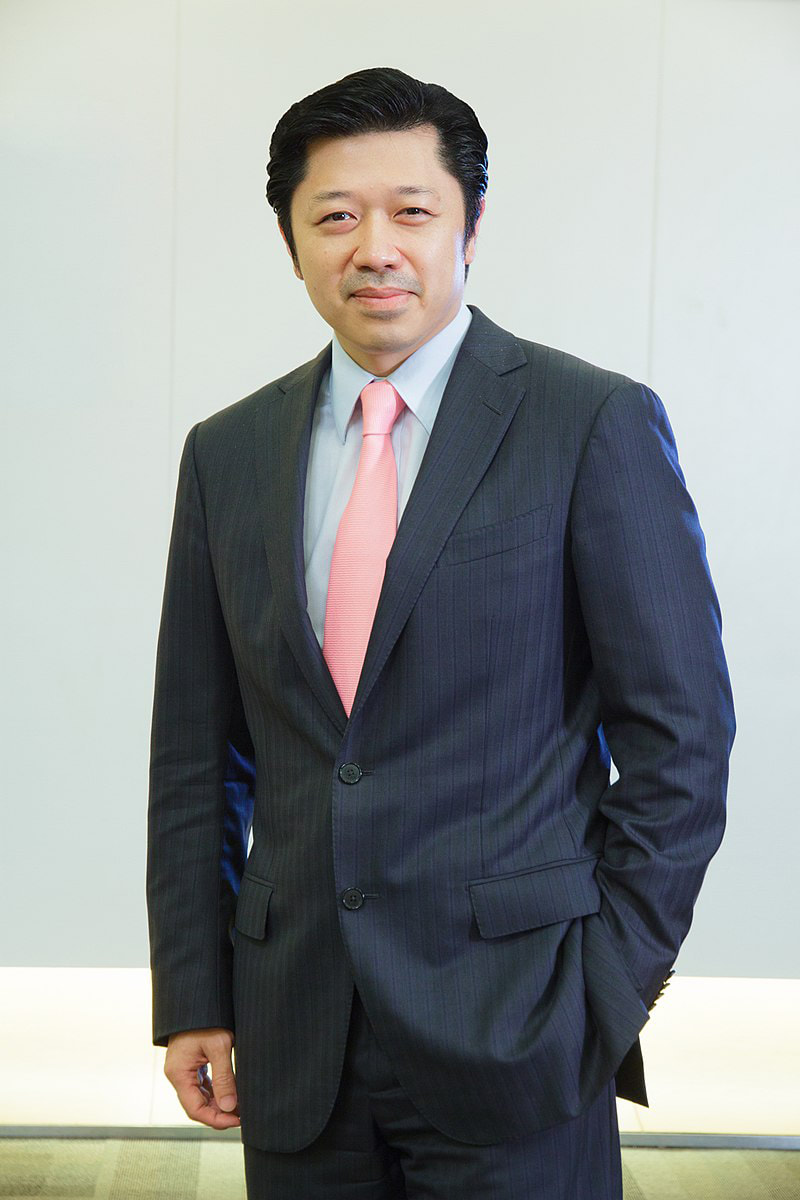
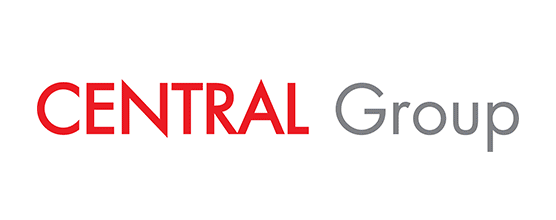
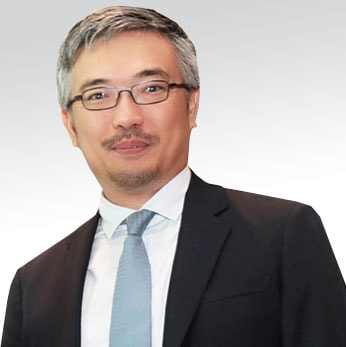
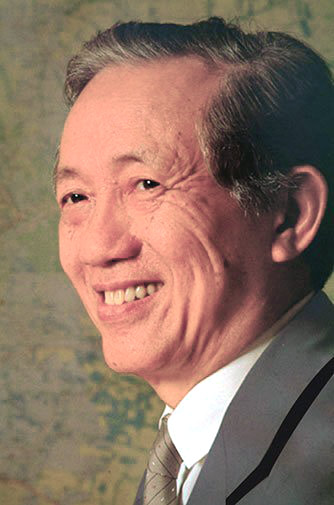
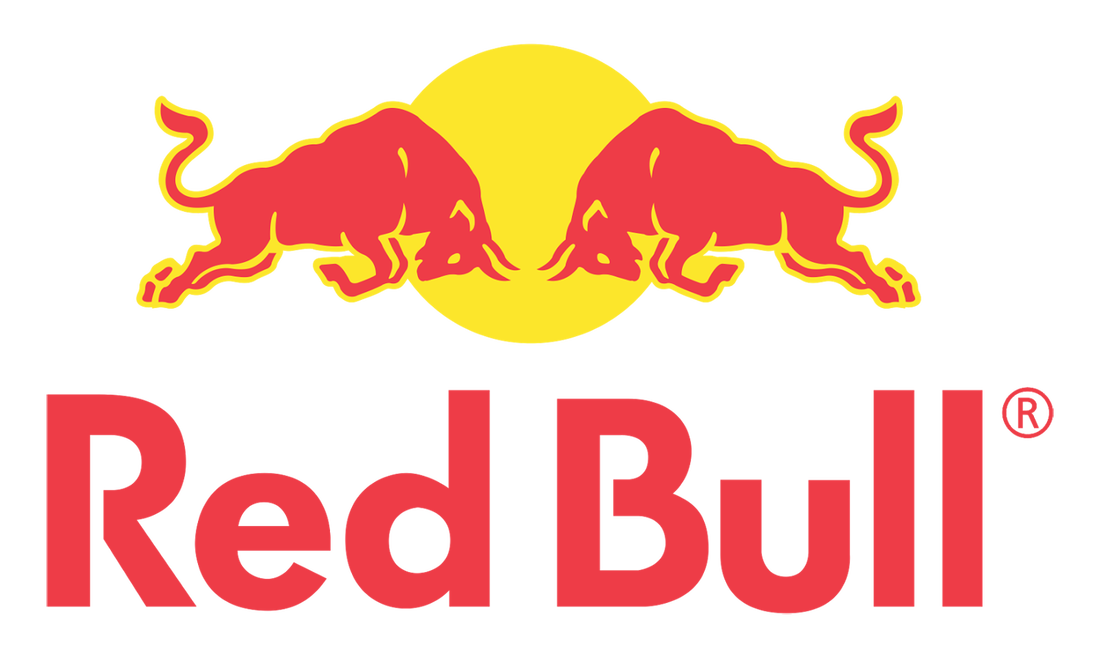
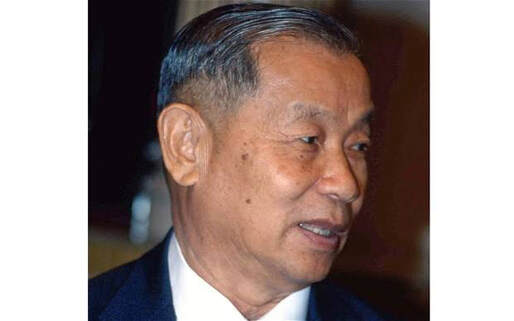
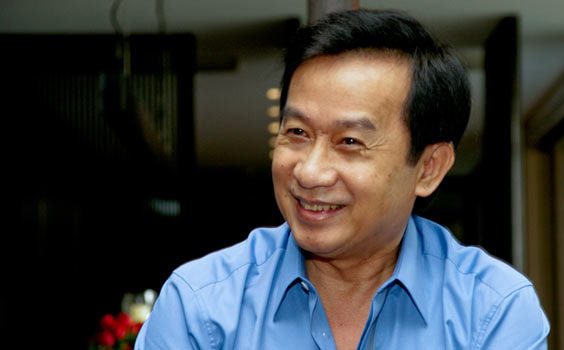
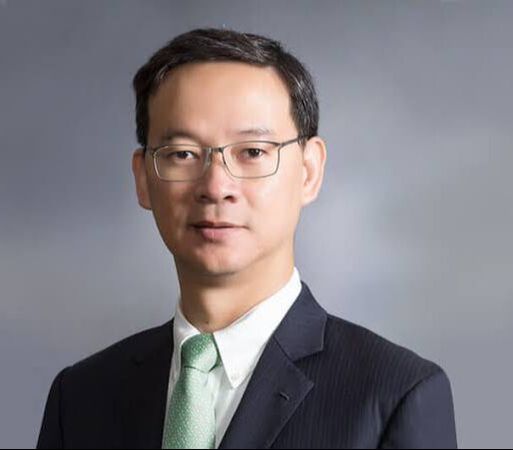
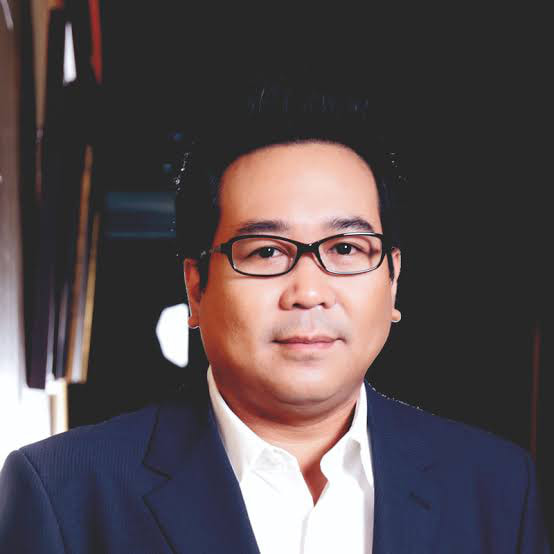
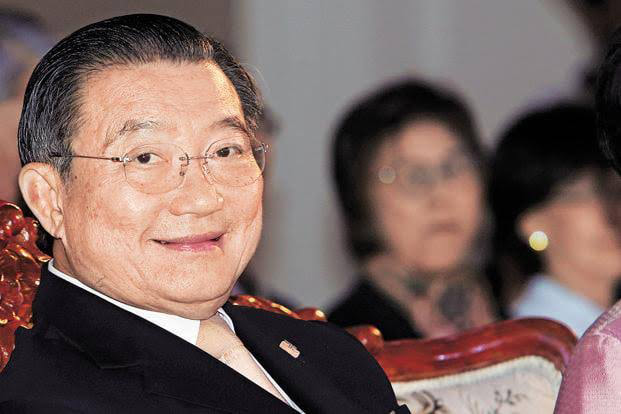

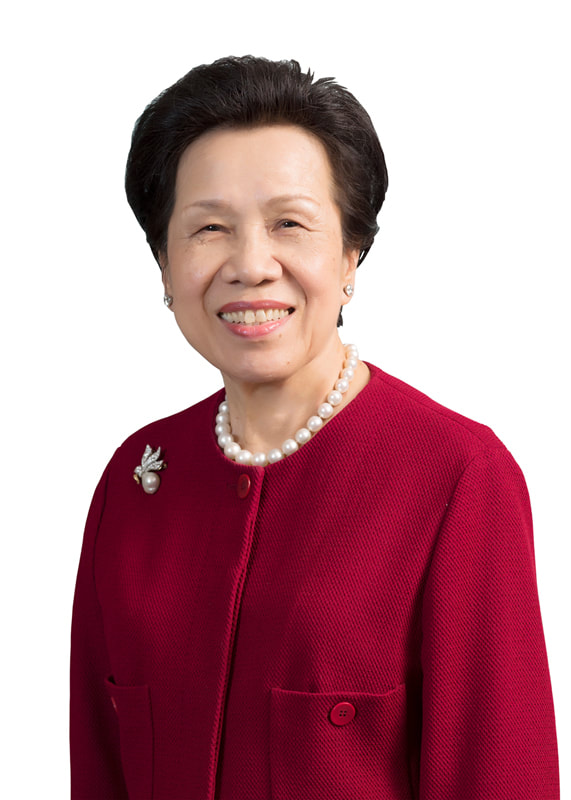
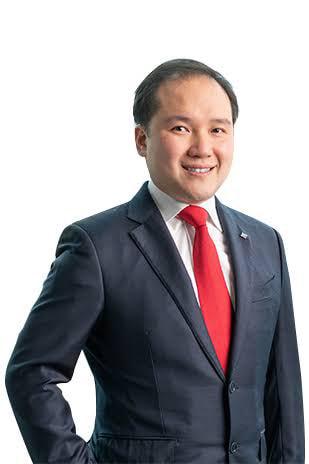
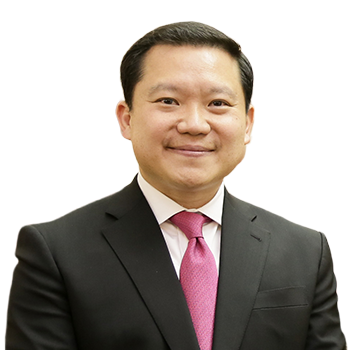
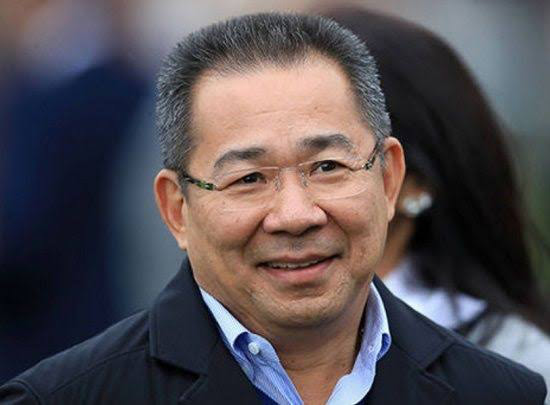

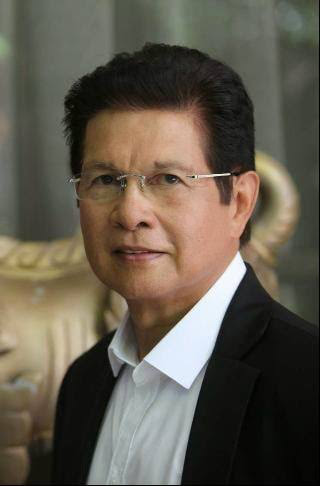
 RSS Feed
RSS Feed
















